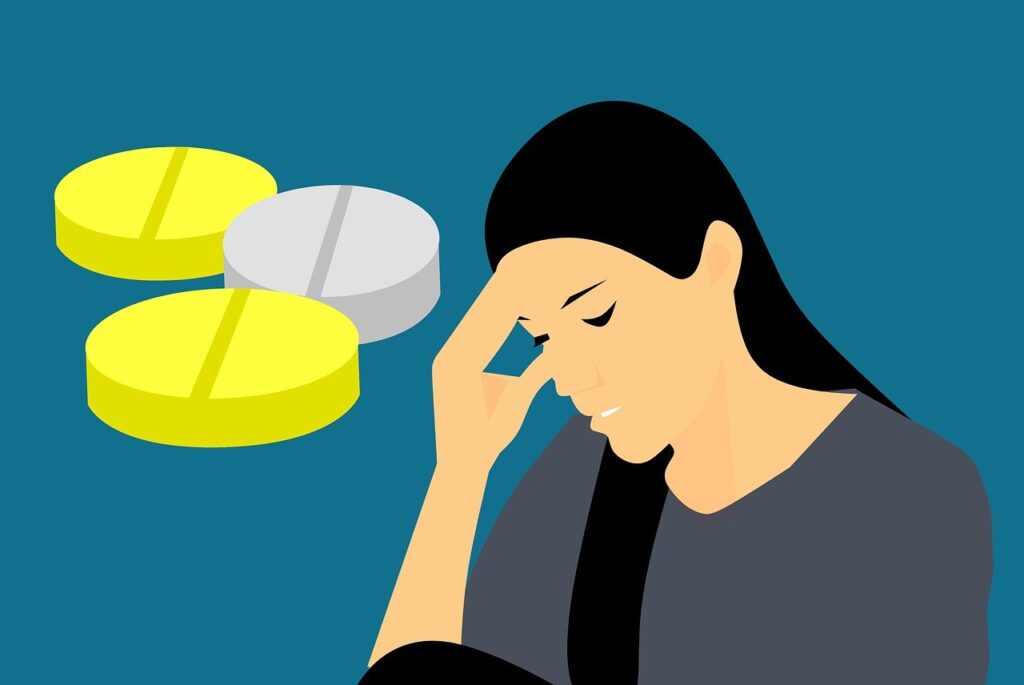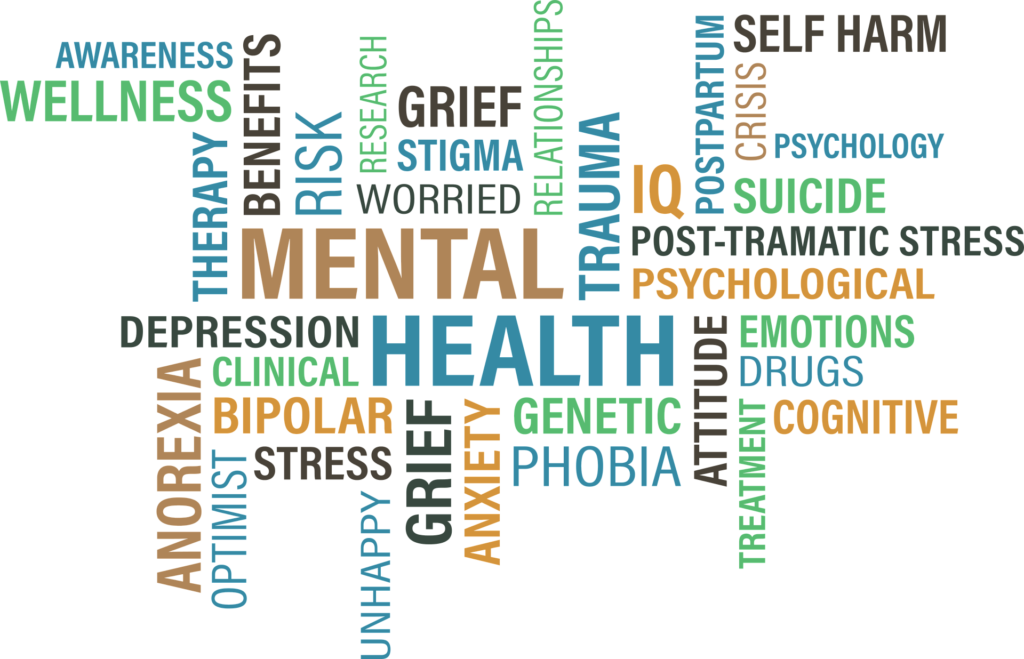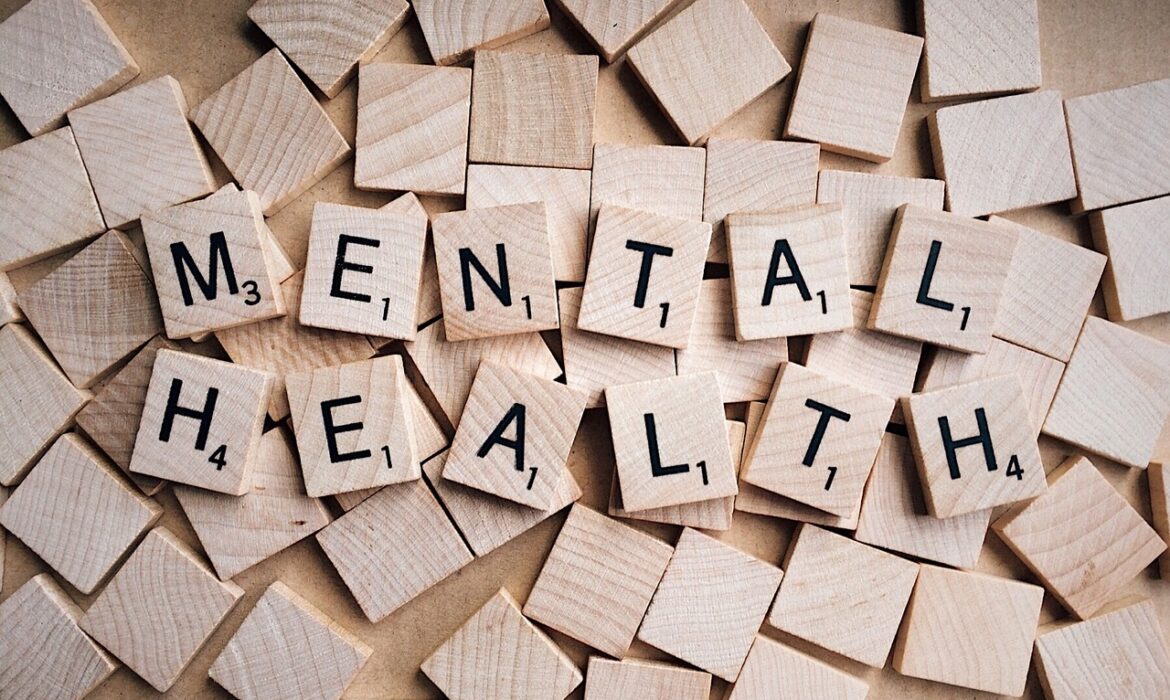081-4797-7173
Mental health is often overlooked in today’s world due to its lack of understanding and importance for our well-being.
Some believe it’s a mental illness, while others view it as psychosis, which translates to insanity or disconnection from reality. Physical health is easier to manage than mental health due to its perceived simplicity to others. Which is why in this article, we will be looking at the concept of “mental health” and its role in our overall well-being.
So let us begin by defining what the term “Mental Health” means.

What exactly is mental health?
Mental health refers to the overall well-being of our mind and emotions, encompassing our thoughts, behaviors, actions, feelings, and ability to navigate life’s challenges. It is the central hub of our psychological, emotional, and social well-being, as they are all interconnected.
Factors Affecting Mental Health
Mental health is affected by a complex combination of individual, social, and environmental factors. Some of these can have a favorable or negative impact on our mental health, and they are as follows:
1. Biological and genetic
Some mental health illnesses, such as schizophrenia, ADHD, bipolar disorder, and depression, have a genetic component and may run in families. This condition can also be influenced by biological variables such as hormones, neurotransmitters, brain shape, and function.
2. Environmental Factors
Our mental health can be influenced by the physical and social environments in which we live, work, learn, and play. Poverty, violence, prejudice, pollution, natural disasters, and climate change can all contribute to or worsen mental health issues. On the other hand, factors such as education, employment, safety, and access to health care and social services can positively impact our mental health.
3. Psychological Factor
Our personality, past experiences (trauma and abuse), temperament, coping skills, emotional intelligence, and self-esteem can all influence how we perceive and respond to different events and difficulties. These elements can also influence our beliefs, attitudes, and expectations of ourselves and others.
4. Social Factors
The amount and nature of our social interactions, such as those with family, friends, colleagues, and community members, can affect our mental health and well-being. These relationships can provide us with support, comfort, and a sense of belonging, as well as less loneliness, but they can also expose us to stress, conflict, and abuse.
5. Lifestyle Choices and Events
Our lifestyle choices, such as food, exercise, substance misuse, and sleep habits, as well as some events, such as major life changes, loss, grief, work and academic stress, can all have a significant impact on our mental health.
6. Access to Healthcare
Mental health can be impacted by the availability of mental health services, stigma, financial limitations, and adequate support and treatment alternatives.
7. Cultural and socioeconomic factors
such as societal norms and expectations, peer pressure, discriminatory experiences, and the awareness and response of mental health services to different cultural needs can all have an impact on mental health.
Functions of mental health in our overall well-being.

Encouraging individuals to be extremely intentional about their mental health is the same as urging them to be very intentional about their heart health because they both act as a powerhouse. Taking care of one’s mental health is critical because of the important role it plays in one’s life, which includes:
1. Emotional Stability and Resilience:
Mental health influences our ability to understand and control our emotions efficiently and in a healthy way. which aids in rebounding from adversity, coping with stress, and promoting stability and resilience in the face of life’s obstacles.
2. Psychological or Cognitive Functioning:
A healthy mind enhances cognitive abilities like thinking, problem-solving, memory, and decision-making, enabling clear thinking, rational decision-making, and successful problem-solving.
3. Social Well-being:
Our mental health promotes social connections, allowing us to maintain positive relationships, communicate effectively, and contribute to our social community.
4. Physical Health:

Since mental health is so closely linked to physical health, it can have a favorable impact on our immune functioning, cardiovascular health, and physiological processes.
- Our immunological functions: This is the ability of the body to fight or defend itself against diseases and illnesses.
- Cardiovascular health refers to the health of the heart and blood circulation.
- Physiological processes involve a variety of bodily functions such as hormone balance, sleep control, and overall organ performance.
5. Confidence and self-esteem:
When your mind is in a favorable state, it helps you see yourself in a positive light. This good self-image promotes confidence and self-esteem, which act as strong roots that aid in your personal growth and development. It’s like having a stable foundation for becoming your best self.
6. Productivity:
Having a healthy mind improves your ability to complete tasks effectively. It increases your productivity and improves your performance in various areas of life, whether at job, school, or following personal hobbies. Consider it having a clear and focused mind that allows you to perform at your best in whatever you’re working on or learning.
7. Sleeping Pattern:
When your mental health is in good shape, it tends to support better and healthier sleeping habits which can influence how well you sleep.
8. Stress Management:
A healthy mind allows you to deal with stress more effectively. It offers excellent coping mechanisms for stressors (events that stress you out), reducing their negative effects on both your mental and physical health. So, maintaining good mental health is like having tools to deal with stress in a healthy way.
9. Life Satisfaction and Fulfillment:
Your mental health has a significant impact on how satisfied and content you feel in life. It’s about having a positive sense of well-being and purpose in your life, which contributes to your overall happiness and fulfillment. It’s like having a solid foundation for a happy, meaningful existence.
10. Emotional Expression:
Maintaining your mental health allows you to express your feelings in a healthy manner. This helps to avoid the harmful consequences of either suppressing or releasing emotions uncontrollably.
11. Behavioral Decisions:
Your mental health influences your decisions and how you behave since your behavior is influenced by your thoughts, and your thoughts are influenced by your mind. It guides you toward positive decisions and habits that benefit your entire well-being.
Negative consequences of disregarding or failing to care for your mental health

Neglecting the Mental health can lead to a variety of difficulties, which include;
- Increased Stress Level: When mental health is neglected, chronic stress can develop, causing the release of the stress hormone cortisol in the body. Over time, increasing stress hormone levels can cause inflammation, which is responsible for a variety of health concerns such as high blood pressure, heart disease, and so on.
- Weaken Physical Health: Poor mental health can have a bad effect on the immune system, decreasing the body’s ability to fight sickness. This can make an individual more vulnerable to getting sick, making it difficult for them to recover from illness.
- Broken Relationships: Mental health issues can have a negative impact on our relationships. Which includes our family, friends, and colleagues as a result of changes in mood, behavior, and communication habits. This can have an impact on our interactions with those around us, resulting in interpersonal problems.
- Reduced Productivity: Mental health issues can have an impact on our cognitive abilities. Including problems concentrating, memory loss, making decisions, and functioning well at work or in school.
- Substance Abuse: Alcohol, drugs, marijuana, and other substances may be used to cope with or escape from mental health challenges. These substances can cause addiction, worsening the mental health condition.
- Negative impact on sleep: Mental health issues can affect sleep patterns, resulting in insomnia and other sleep disorders.
- Disorder Development: Ignoring mental health concerns may allow originally manageable disorders to worsen. This can lead to conditions such as depression, which is characterized by chronic poor mood and loss of interest in activities. Anxiety disorders, characterized by excessive concern or fear, can develop and disturb daily living. Untreated mental health difficulties can sometimes progress to more complicated psychiatric diseases that impair cognition, emotions, and behavior.
The growth of these problems frequently results in difficulties with employment, relationships, and overall functioning. Which may reduce the individual’s quality of life severely.
- Isolation and withdrawal: Mental health issues can drive a person to withdraw from social activities, resulting in isolation and a reduced support network. This behavior can worsen their mental health by reducing options for connection, understanding, and help. It becomes a self-sustaining loop in which withdrawal from social connections contributes to loneliness, which is detrimental to mental health.
- Financial Implications: Mental health issues can lead to absenteeism and decreased productivity at work. Which can harm one’s career chances and financial stability. This can result in missed work days and a lack of effectiveness even when present, resulting in a decrease in income and a setback in one’s career.
- Decreased Resilience: Mental health concerns can diminish an individual’s ability to cope with life obstacles, reducing perseverance. This can lead to difficulty in recovering from setbacks, being more vulnerable to the influence of stressors, and so on.
- Negative Impact on Daily Functioning: Mental health issues can disrupt our daily activities such as eating, sleeping, and personal cleanliness, reducing our capacity to do routine tasks.
- Risk of Self-Harm or Suicide: Untreated mental health conditions such as depression, burnout, and others can lead to a strong sense of hopelessness, self-criticism, and profound unhappiness, which can lead to thoughts of self-harm or suicide in severe situations.
Methods for Taking Care of Our Mental Health

- Recognize its significance in our well-being.
- Practice self-care and relaxation.
- Avoid sleeping late and try to get enough rest.
- Make time for exercise; it helps to boost mood, reduce stress, and improve cognitive capabilities, among other things.
- Be a part of a support network that can offer you emotional help when you need it. For example, family, friends, colleagues, or the community.
- Avoid substances such as alcohol, narcotics, marijuana, nicotine, etc.
- Avoid excessive consumption of stimulants (caffeine), such as soft drinks, coffee, energy drinks, chocolate bars, etc.
- Confront your negative thoughts.
- Change your perspective.
- Avoid idleness get busy or learn new stuff.
- Make time for enjoyment and interests.
- Seek professional assistance when needed.
In Conclusion
Mental health is an important part of our well-being that influences all aspects of our lives. It can be impacted by a wide range of factors that can either enhance or disrupt it, which is why it is critical for us to recognize and address any mental health issues that we may face, as well as to take proactive steps to maintain and improve our health and wellbeing, because this is the only way we can live a happier, healthier, and more fulfilling life.







[…] Lack of sleep can contribute to exhaustion. May also increase your chances of getting or worsening mental illnesses if you already have […]
[…] 3. Understand the significance of self-care: This is an area that is rarely discussed. Many people prefer to devote their entire attention to their personal goals while ignoring their own well-being. You cannot effectively manage something that you do not consider vital. Your happiness impacts how successful you will be in your particular endeavor. Neglecting it can also lead to major health problems, which you can read about in this post. […]
[…] Psychological well-being: Addressing eating disorders early helps reduce the psychological consequences, such as depression, […]
[…] Impact on Mental Health […]
[…] disorders are a class of mental health conditions characterized by strict and harmful patterns of thought, feeling, and […]
[…] The relationship between Financial Stress and Mental Health […]
[…] The Pandemic’s Impact on Mental Health […]